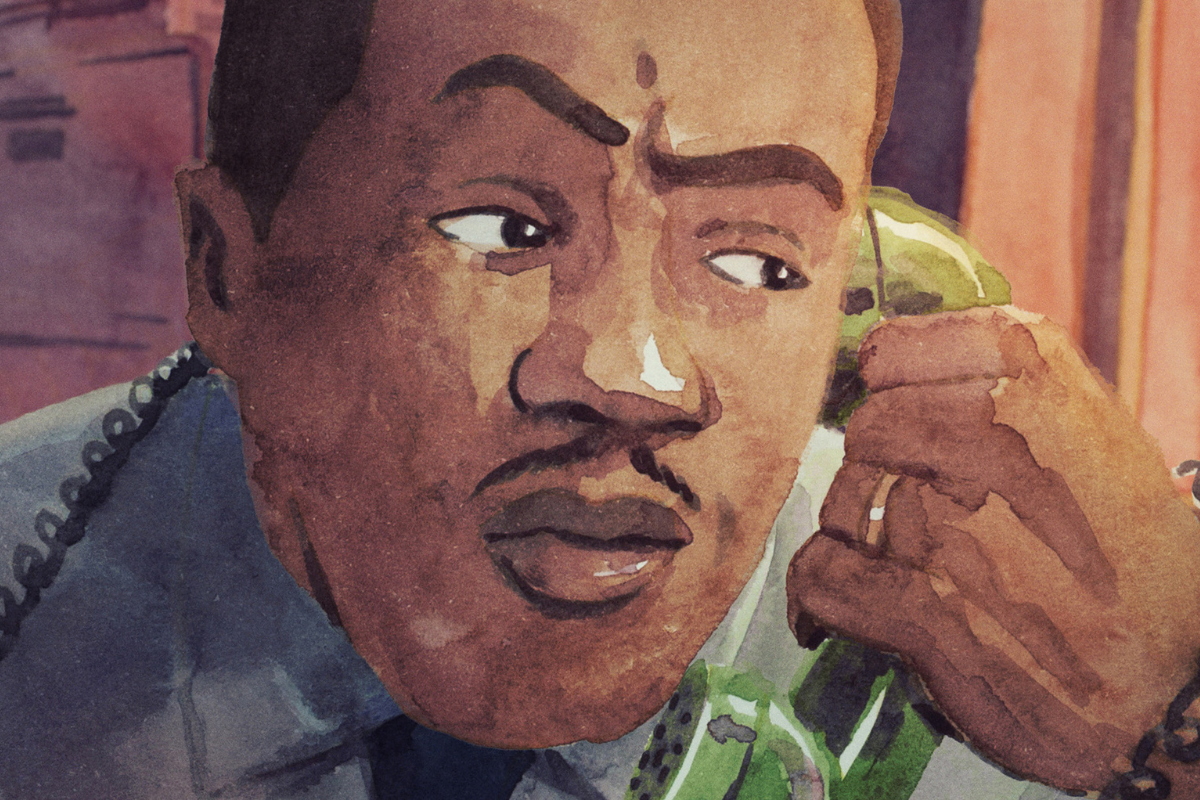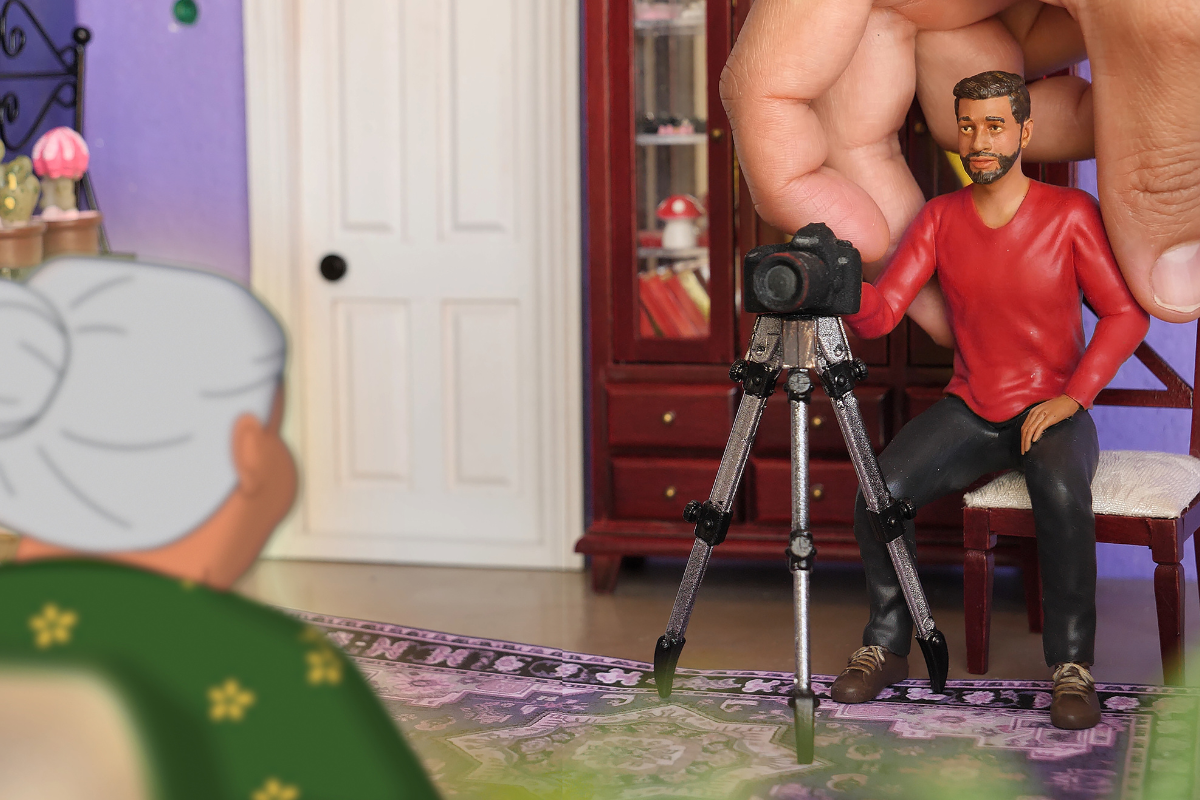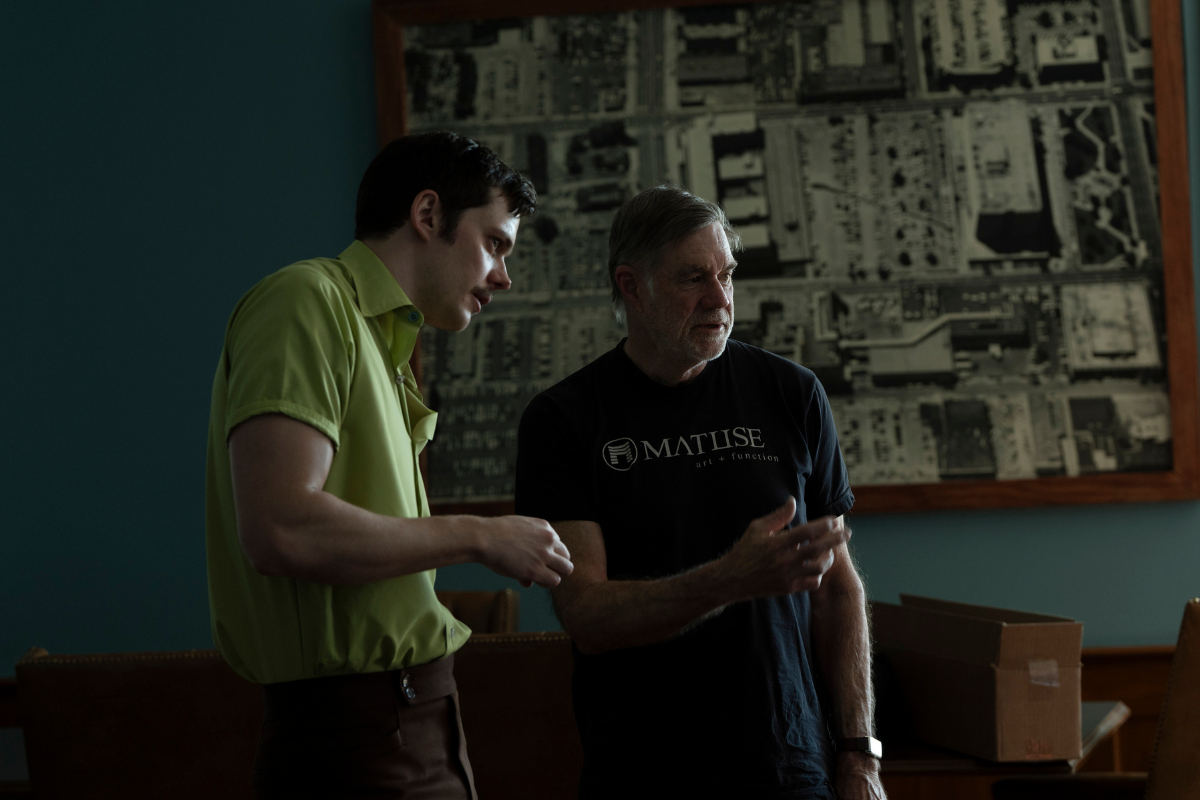WENDY’S LA4HIRE: Great Screenplay Writing, Part 1 – Longing & Desire
Wendy Kram explains how great screenplay writing, as evidenced by 2015 Oscar winning films, Birdman, Whiplash, Theory of Everything, all had protagonists with powerful desires.
Wendy Kram is a producer and the owner of LA FOR HIRE, a consulting company for screenwriters, filmmakers and production companies needing script development to sell and produce their projects. Follow Wendy on Twitter @wendyla4hire.
If we look at some of this year’s Oscar-winning movies and screenplays -- Birdman, The Theory of Everything, and Whiplash, all the protagonists in these screenplays were driven by powerful yearnings.
In the case of Stephen Hawking, he was driven to uncover the great mysteries of the universe in spite of physical limitations that would have defeated just about every other human being. In Birdman, the Michael Keaton character wanted to prove he wasn’t a has-been or a hack but a true talent, and he was investing all of his money and whole being to make sure that before the end of his life, he would go out with glory. And above all, he wanted to leave a legacy to his daughter by earning her love and respect. The play was his last chance for redemption.
In Whiplash, the protagonist was fiercely driven by the desire and need to be a “somebody,” to be the greatest jazz drummer the world has ever seen. His greatest fear was to be average, to fade away into anonymity without making his mark on the world.
These were all BIG desires that made audiences deeply invested in the heroes and their journeys.
When it comes to your own screenplay, what does your protagonist want more than anything in the world when your movie starts? A promotion at work? A baby? A husband? Revenge? Justice? (Gladiator). A job? Re-connection with a child (The Wrestler) or a first love? Approval from a powerful father? Popularity? Redemption for a past crime or failure (In the Line of Fire)? To be the best at ______??? (You fill in the blank). Every character needs to have a strong “emotional want,” whether it’s to win a championship, a child’s love, a promotion at work, or a last chance to be great. This burning desire or intense longing -- to be a contender is what drives the movie. In this context, we understand why the Marlon Brando line from On the Waterfront is one of the most quoted lines in cinema. That kind of intense longing resonates with audiences on a very deep level.
Defining what your hero or heroine wants is key and needs to be thought of in two ways – what do they want right now, and what do they want overall.
Even if a character is considering jumping off a bridge as in the classic It's a Wonderful Life, we need to know what the character desires. The Jimmy Stewart character wanted to be the perfect father and husband but his shame over his failure drove him to despair. He never would have gone on his incredible journey with his angel or come to appreciate his “wonderful life” if he didn’t start out ironically with the immediate wish to end his life.
In another classic film The Verdict, the Paul Newman character started out self-destructive. His immediate “objective” was to continue his status quo, numbing himself with alcohol from life’s disappointments. What he really wanted was to feel empowered by helping people and be the great attorney he once was before he became jaded and disillusioned.
While the protagonist in your screenplay might wind up with a different outcome than where he or she starts, it’s important for him or her to have a powerful yearning. Their desire for something, to be something, even if it's to protect themselves from failure and disappointment, is what drives them to act -- and it is the element that further engages the audience into their story, their plight.
Find that thing that your character wants more than anything, and you’ll create what producers and executives refer to as “high emotional stakes.” Very often you’ll hear an executive say, “There’s not enough at stake… or the stakes need to be higher.” If a character is investing his whole life, energy, identity, sense of self-worth into a particular goal, we root for them to achieve that goal. If they fail, they’ll be devastated, and so will we.
The ability to engage your audience at this level is one of the key ingredients that can make a screenplay a great one.
Related Articles:
- More Wendy's LA4HIRE articles by Wendy Kram
- Alt Script: Three Ways Alt-Script Writing Can Improve Your Spec Scripts
- Wendy’s LA4HIRE: Essential Ingredients to Writing a Screenplay that’s Powerful
Get more screenwriting success tips from Wendy Kram in her OnDemand webinar 12 Top Tips to Write a Screenplay That Gets Noticed by Agents and Production Companies
Wendy Kram is a producer and the owner of LA FOR HIRE, one of the industry's leading consulting companies for screenwriters, filmmakers and production companies, assisting them in developing, packaging and selling their projects. Creative Screenwriting Magazine ranks her in the Industry’s Top 3 Picks for “Best Script Consultants” with expertise in marketing. She is a respected, working producer with multiple features and series in active development, and she is responsible for securing high six-figure deals for her clients. To learn more about Wendy’s services, success stories and how she may be able to help you advance your projects, email wendy@la4hire.com.







